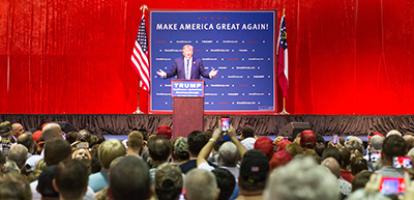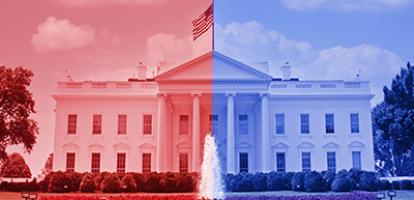From: Jon Johnson
To: Canadians Concerned about NAFTA
Date: July 10, 2018
Re: Section 232 Tariffs and the Automotive Threat (Part Two)
The imposition of 20-percent tariffs against automotive products under section 232 of the Trade Expansion Act of 1962 is not a foregone conclusion.
First, there will be intense lobbying against the imposition of such tariffs. All major players in the automotive industry are strongly opposed, including assemblers, parts producers and automotive dealers.
The Trump administration may currently think that these tariffs will be a political winner in the US mid-term elections, but a compelling case can be made that these tariffs will result in significant job losses. The position of the Trump Administration is complicated by the fact that its national security justification lacks credibility given the financial strength of the US auto industry and its ability to supply any automotive product ever needed by the US military.
Second, because Section 232 is an act of Congress, Congress could amend Section 232 to require congressional oversight over the imposition of tariffs. A few members of Congress have attempted to introduce such legislation but there is currently little support for such an initiative. Also, any legislation would have to have sufficient support in Congress to override a presidential veto, which requires two-thirds of the members of each of the House of Representatives and the Senate.
Third, the American Institute for International Steel and several other parties have filed a complaint with the US Court of International Trade that maintains that Section 232 “lacks the intelligible principle that decisions of the United States Supreme Court has required for a law not to constitute a delegation of legislative authority, which would violate Article I, section 1 of the Constitution.” Article I, Section 1 provides that the power to legislate resides with Congress and not the president, and Section 8 of Article I specifically grants to Congress the authority to legislate on trade. The argumentation in the complaint is based on the fact that Section 232 is virtually open-ended, with an expansive definition of national security and leaving the President with unfettered discretion as to the actions that he can take.
The promising aspect of this claim is that it does not concern the powers of the presidency versus the powers of Congress, which would fall into the “political question” trap. Rather, the question in this case is whether Congress acted unconstitutionally in enacting the open-ended Section 232. The procedure invoked by the plaintiffs provides for an appeal directly to the US Supreme Court. References to the “separation of powers and checks and balances created by the framers” may strongly appeal to Supreme Court justices who believe that the US Constitution should be strictly interpreted.
Fourth, there are challenges before the WTO. These challenges will work their way through the WTO process and will ultimately result in a determination. For the national security exception in Article XXI of GATT 1994 to apply, there actually has to be an “emergency in international relations.” The question, of course, is whether the US would withdraw the Section 232 measures if the WTO process found against it.
While the prospect of Section 232 tariffs is obviously a major concern, it is not a certainty that these tariffs will be imposed or, if imposed, maintained for a protracted period.
Jon Johnson is a former advisor to the Canadian government during NAFTA negotiations and is a Senior Fellow at the C.D. Howe Institute.
To send a comment or leave feedback, email us at blog@cdhowe.org.
The views expressed here are those of the author. The C.D. Howe Institute does not take corporate positions on policy matters.





